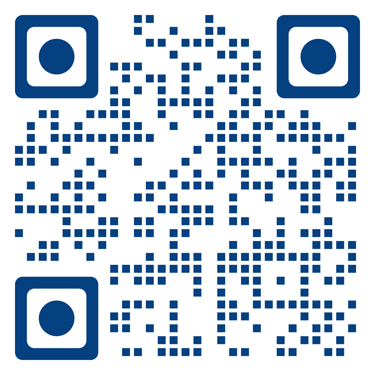Possible Challenges in Release Train Engineer (RTE)
HAPPY LIVING!AGILE
Suresh Krishnan
4/18/20242 min read


Being a Release Train Engineer (RTE), several problem statements might arise. Here are some potential issues related to Scrum of Scrums and organizing PI (Program Increment) Planning:
Problem Statements:
1. Scrum of Scrums Difficulties:
Coordination Challenges: Ensuring effective communication and coordination among multiple Scrum teams can be challenging, particularly when teams are distributed across different locations or time zones
Alignment Issues: Ensuring that all teams are aligned with the overall objectives and priorities of the Release Train can be difficult, especially when teams have different interpretations or priorities
Dependency Management: Managing dependencies among teams and resolving conflicts or bottlenecks can be complex, especially when multiple teams are working on interrelated features or components
2. Organizing PI Planning:
Stakeholder Alignment: Ensuring alignment between stakeholders, product owners, and development teams during PI Planning can be challenging, especially when there are conflicting priorities or expectations|
Time Management: Managing the time and resources required for PI Planning, including coordinating schedules, preparing necessary materials, and facilitating productive discussions, can be demanding
Facilitation Skills: Effective facilitation is crucial for PI Planning sessions to ensure that all voices are heard, decisions are made collaboratively, and objectives are achieved. However, not all RTEs may possess strong facilitation skills, leading to inefficiencies or misunderstandings during planning sessions
3. Resource Allocation Challenges:
Balancing Workload: RTEs may face challenges in distributing resources effectively among multiple teams within the release train, especially when there are competing priorities or resource constraints
Skill Set Mismatches: Ensuring that the skills and expertise of team members align with the requirements of the work planned for each Program Increment can be a significant challenge, particularly in dynamic or specialized domains
4. Cross-Team Collaboration Issues:
Siloed Mentalities: Breaking down silos and fostering a culture of collaboration and knowledge sharing among teams can be difficult, especially in organizations with a history of departmentalization or territorial behavior
Communication Breakdowns: RTEs may encounter difficulties in facilitating effective communication and collaboration across teams, leading to misunderstandings, delays, or duplicated efforts
5. Dependency Management Problems:
Identifying Dependencies: RTEs must proactively identify dependencies between features or components across teams and manage them effectively to minimize delays and disruptions
Resolving Conflicts: Addressing conflicts or dependencies between teams, such as conflicting priorities or resource contention, can be challenging and require negotiation and prioritization
6. Continuous Improvement Struggles:
Iterative Learning: Encouraging a culture of continuous improvement and learning within the release train requires ongoing effort and commitment from RTEs and team members alike
Adapting to Change: RTEs may struggle to adapt to changing circumstances, such as shifting business priorities, evolving market conditions, or unexpected disruptions, while maintaining the momentum of the release train
Addressing these problem statements may entail implementing effective processes and fostering a collaborative culture, supported by improved communication strategies, enhanced coordination mechanisms, and stakeholder engagement initiatives. This approach should be complemented by investing in training and development to enhance the skills of RTEs and other stakeholders involved in the agile release process, while also leveraging appropriate tools and techniques to facilitate their roles in facilitating the release train.
